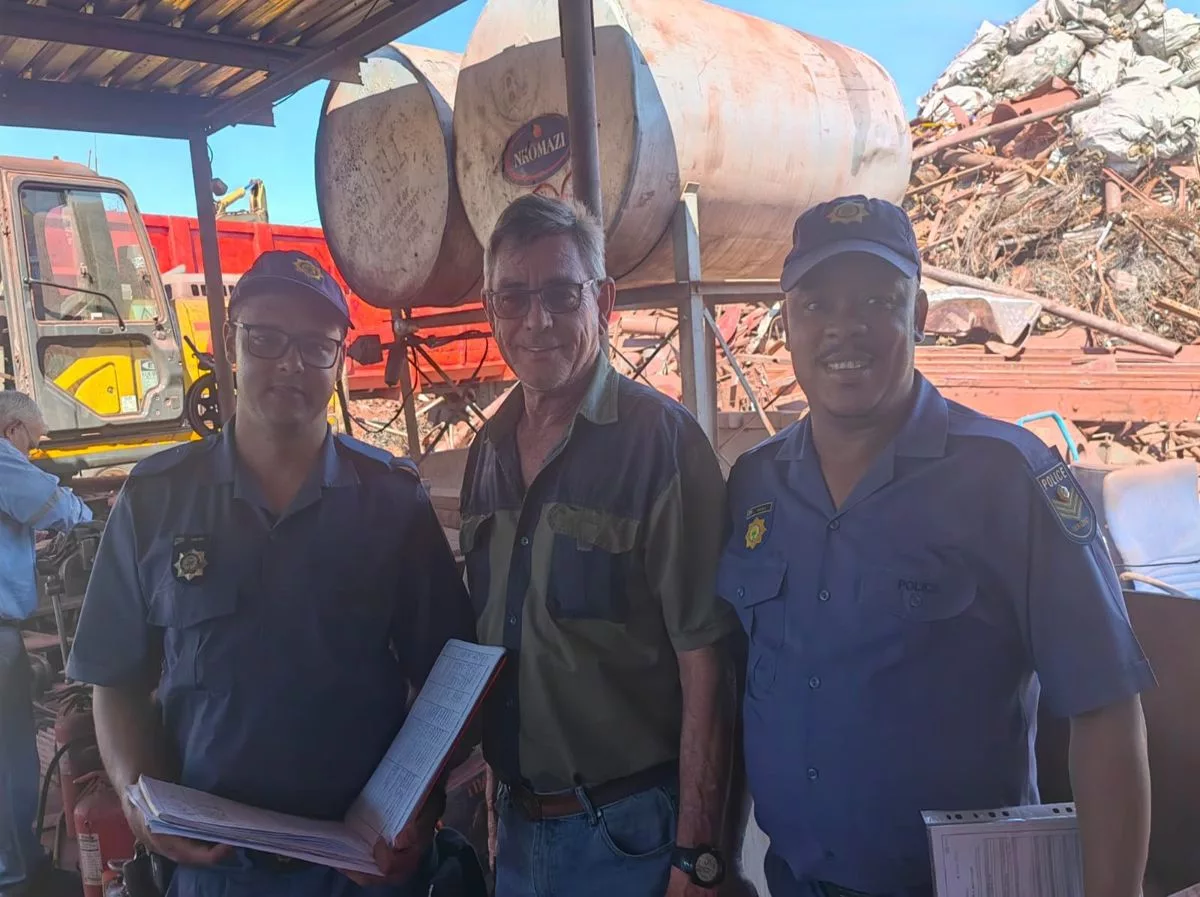Cape Town is seeking to streamline its disaster relief funding process by decentralizing it, allowing prompt aid to residents affected by fires and floods. Councillor Carl Pophaim has requested funds be allocated directly to capable municipalities like Cape Town, guaranteeing effective and viable emergency response. The city has faced increasing severe fires and floods, with existing national regulations hindering their initiatives. Decentralizing disaster relief funding may present a solution to offer immediate support to those affected.
How can Cape Town streamline its disaster relief funding process?
Councillor Carl Pophaim has requested the National Minister of Human Settlements to decentralize disaster relief funding and allocate funds directly to capable municipalities like Cape Town, enabling prompt aid to residents affected by fires and floods. Cape Town’s previous emergency housing kit initiative provided immediate support to victims but has been discontinued, resulting in an annual loss of around R35 million ($2.3 million) in relief funding. Decentralizing disaster relief funding could guarantee effective and viable emergency response and affording vulnerable residents a life of dignity and security.
Decentralizing Funding Processes
Cape Town, a vibrant city celebrated for its rich culture and stunning landscapes, has been grappling with increasingly severe fires and floods. The city administration has been actively pursuing methods to offer immediate support to those affected, but existing national regulations have obstructed their initiatives. Decentralizing the disaster relief funding process may present a solution.
Councillor Carl Pophaim, the city’s mayoral committee member for human settlements, has officially requested the National Minister of Human Settlements to decentralize disaster relief funding. Pophaim’s objective is to allocate funds directly to capable municipalities like Cape Town, allowing them to promptly aid their residents following fires and floods.
Remarkably, until 2021, Cape Town was the only South African metro that provided emergency fire and flood building kits to residents without needing to apply for formal disaster funding from the Minister. This enabled immediate support for victims, but the practice was discontinued, leading to an annual loss of around R35 million ($2.3 million) in relief funding.
Challenges and Previous Initiatives
Cape Town typically confronts fires that demolish approximately 6,200 structures each year, amounting to an annual cost of around R44 million ($2.9 million). Acquiring national disaster funding is often a time-consuming process, which leaves victims without aid for extended durations. The National Department of Human Settlements currently centralizes the Housing Grant, responding to declared disasters at its discretion. This procedure entails sending a national team to Cape Town, carrying out assessments, and then waiting for a decision from officials based in other parts of the country.
Previously, the City of Cape Town could supply relief within 24 to 48 hours, depending on the particular situation. The city’s human settlements, disaster risk, fire safety, and basic services teams continue to work diligently to support fire-affected residents with soft relief, verification of affected individuals, and debris clearing. Nonetheless, the community greatly misses the success of the former emergency housing kit initiative.
Addressing the Growing Needs
Informality persists in Cape Town as people migrate to the city seeking access to quality services, education, health care, and opportunities. This has led to an increased demand for emergency support, particularly as national budget cuts to housing grants surpass R100 million ($6.6 million) amidst a rapidly growing demand for housing and informality.
The City of Cape Town urges the National Government to consider granting funding to aid provincial governments and municipalities with the challenging responsibility of swift emergency assistance. The city highlights that its familiarity with the local situation and dedication to its residents make it a prime candidate for direct access to disaster funding.
Furthermore, the expansion of informal settlements in Cape Town over the past decade has resulted in a significant rise in budget requirements for fire and flood response. Many of these settlements are situated in disaster-prone areas due to their terrain, density, and lack of adequate services.
In the previous fiscal year, Cape Town’s Human Settlements Directorate spent 99.3% of its R880 million ($57.8 million) capital budget on enhancing living conditions for vulnerable households and providing suitable accommodation. Over the next three years, an additional R2.5 billion ($164 million) capital budget has been designated for human settlements projects.
Collaborative Efforts for Efficient Emergency Response
As Cape Town approaches the windy and dry season, collaboration among stakeholders is essential in guaranteeing an effective and viable emergency response. Decentralizing disaster relief funding could be the answer to providing the city’s most vulnerable residents with the assistance they urgently require, ultimately affording them a life of dignity and security.








